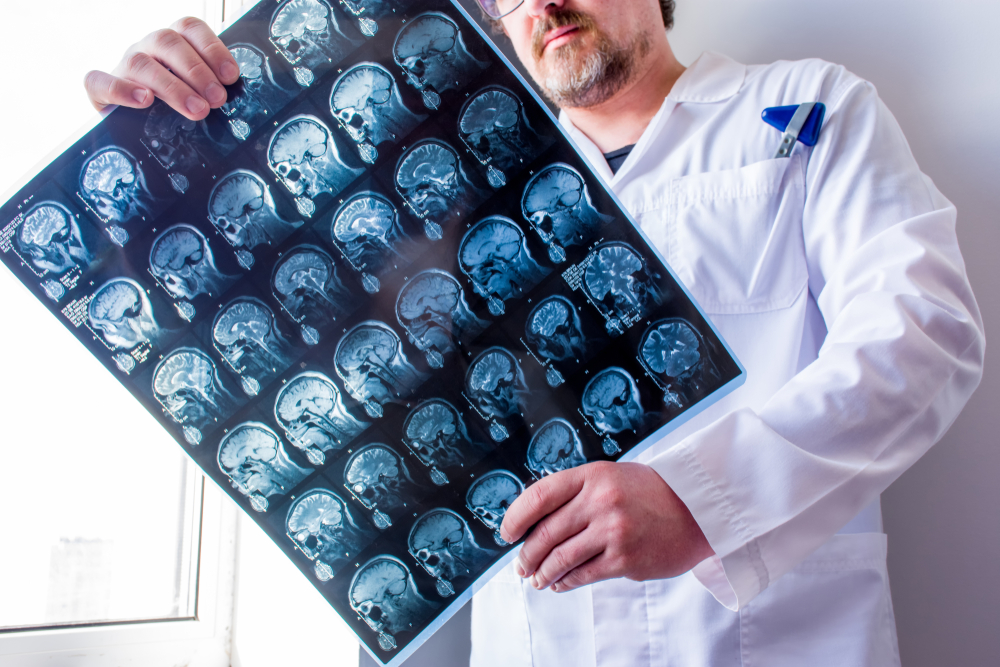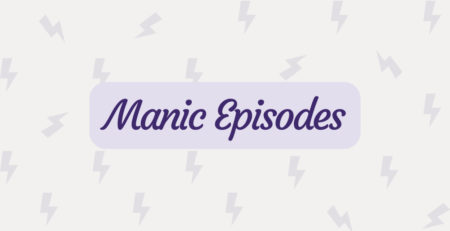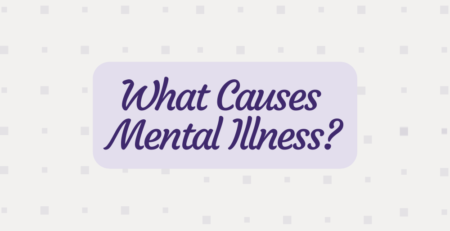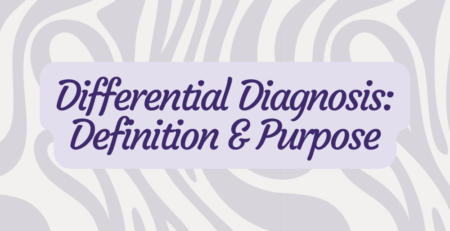PNES: What Is a Pseudoseizure?
When someone stiffens up and collapses, begins shaking without visible provocation or stares into space without reacting to outside stimuli, onlookers are likely to assume the person is having an epileptic seizure. And that’s often the case—but not always. Sometimes, a person may be suffering from PNES.
Many seizures are unrelated to the abnormal brain activity and periodically interrupted nerve functions that characterize epilepsy. Nonepileptic seizures may have any number of causes, including chronic physical illness, drug use or addiction withdrawal, sleep disorders or vitamin deficiency. Or seizures may be of psychological origin, in which case they are called pseudoseizures, psychogenic nonepileptic episodes, psychogenic nonepileptic seizures or simply PNES. As many as 30 percent of people who seek treatment for intractable (unmanageable) seizures may have PNES rather than epilepsy.
Is It a Pseudoseizure?
Although it can be very difficult for the untrained eye to distinguish psychogenic seizures from epileptic seizures, clues that indicate possible PNES include:
- Eyes closing
- Violent thrashing
- Verbalization, often loud or garbled
- Being partially conscious of outside stimuli (for example, reacting to a sudden loud noise)
And if there are no obvious signs of drowsiness in the aftermath of an episode, it was most likely a pseudoseizure without epileptic influence.
Causes of PNES
Describing PNES as “pseudoseizures” or “psychological” is in no way intended to imply that the seizures are imagined or faked. The physical symptoms are real, and the person experiencing them has no control over the situation. Pseudoseizures indicate a serious underlying problem, usually a mental or behavioral illness.
Possible causes of pseudoseizures include:
- Post-traumatic stress
- Anxiety disorder
- Severe depression
- Traumatic brain injury
- Extreme stress or ongoing trauma
- Substance use disorder (addiction)
Anyone who has a seizure of any kind should be evaluated by a doctor. And anyone with mental or behavioral illness needs professional treatment.
If You Have PNES
Unfortunately, even doctors tend to think of epilepsy as the primary or only cause of seizures, and fail to consider that as many as one in four people diagnosed with epilepsy may actually be experiencing PNES. So if you experience a seizure or seizures and also have problems with traumatic memories, emotional control, dissociative thoughts or substance abuse, be sure to inform your doctor of all these concerns, not simply of the seizures. Otherwise, the doctor may not consider the possibility of PNES and may simply prescribe epilepsy medication, which has little effect on pseudoseizures and can even be harmful.
If you are already taking epilepsy medications and seizures continue, return to your doctor and request a referral to a specialist who can use video-EEG brain monitoring to determine whether you actually have epilepsy—or possible psychogenic episodes.
PNES Treatment
If seizures are in fact psychogenic, the best way to treat them is to treat the underlying problem. Get a thorough psychiatric evaluation to diagnose what type of mental illness you have, and what type(s) of therapy, counseling or medication can help. As your mental condition begins to improve, the psychoseizures should resolve as well.
A few additional coping hints:
- Be patient: it may take some trial and error to pinpoint what treatment works best for you as an individual. Discuss specific concerns with your doctor, and remember that as long as you are committed to resolving the problem, you are making progress.
- A healthy body contributes to a healthy mind. Avoid stressful situations, learn relaxation techniques, eat healthy, exercise and get adequate sleep. (Your doctor can advise on specifics.)
- Don’t be ashamed of having pseudoseizures—and don’t be ashamed to admit you may have a mental illness that needs treatment. It’s not your fault, it doesn’t make you “crazy”—society is becoming more accepting of the fact that illness is illness and recovery is possible. Caring for the person you are is the first step toward becoming the best person you can be.
Help for Mental Illness
Most pseudoseizures—and many other physical symptoms—are connected to mental illness. If you suspect you have PTSD, bipolar disorder or another such problem, don’t let fear or shame keep you from seeking treatment. At Serene Behavioral Health, we offer help and hope. When mental-emotional issues are treated, related physical problems typically resolve as well. Contact us today to begin your healing journey!
















